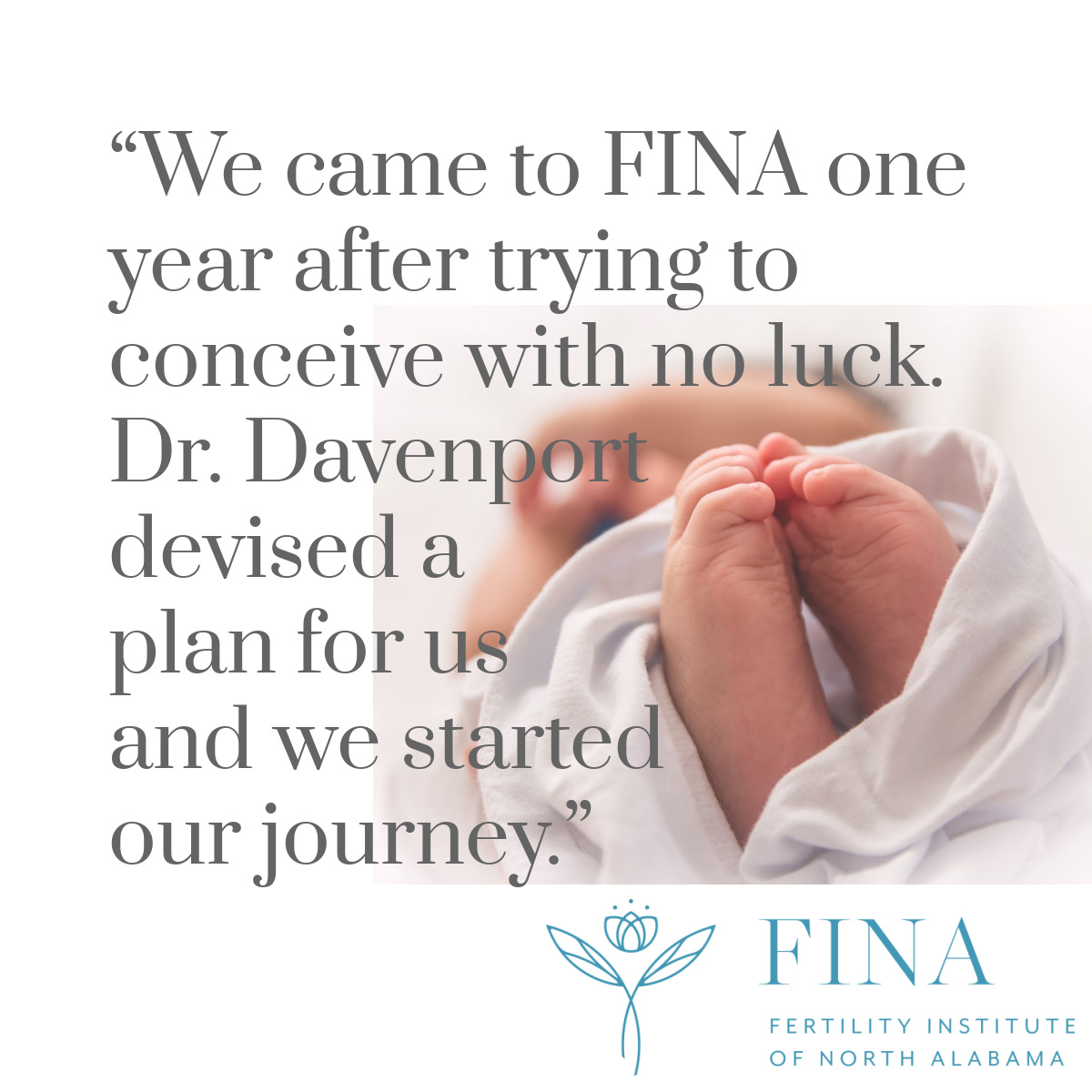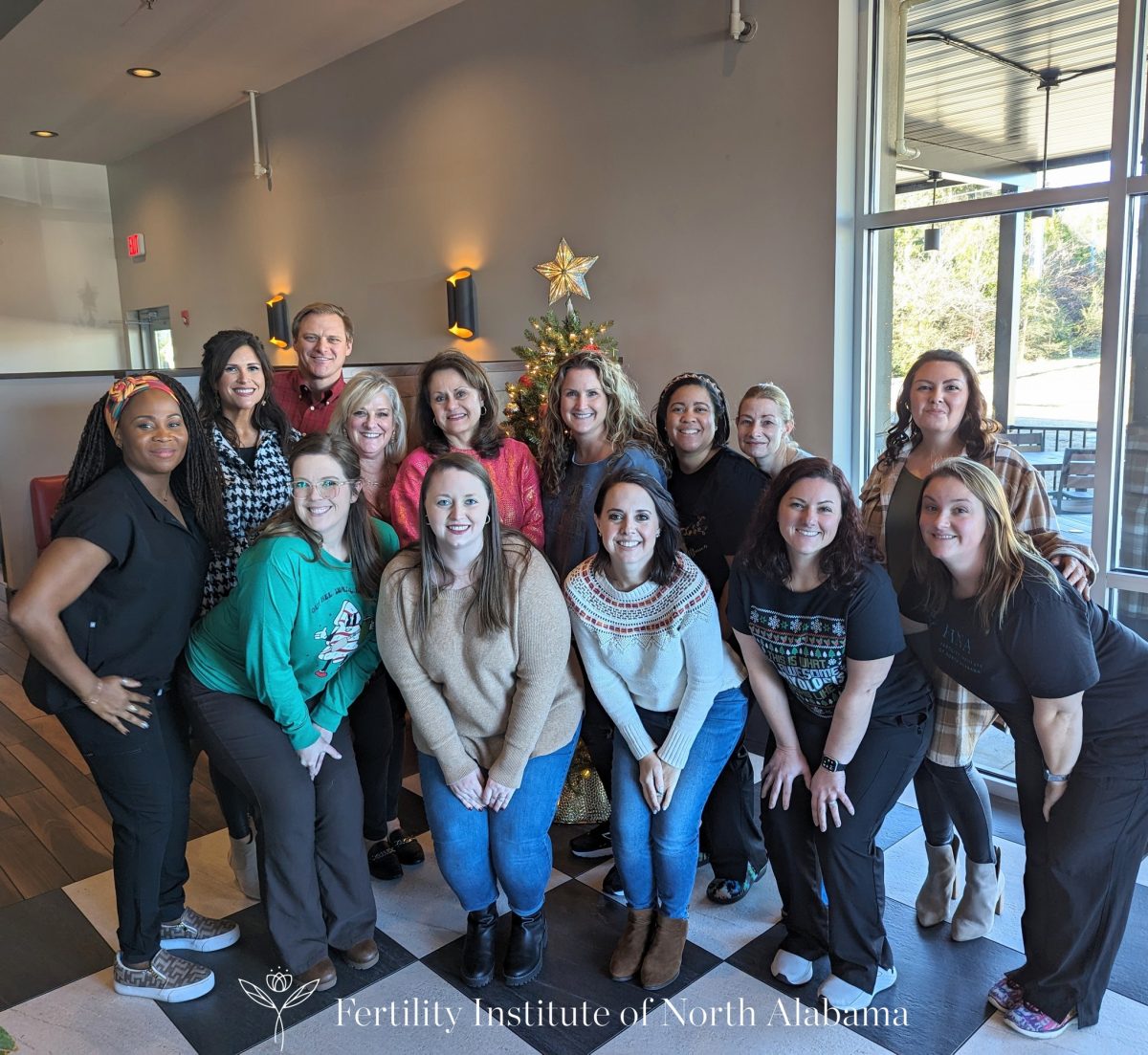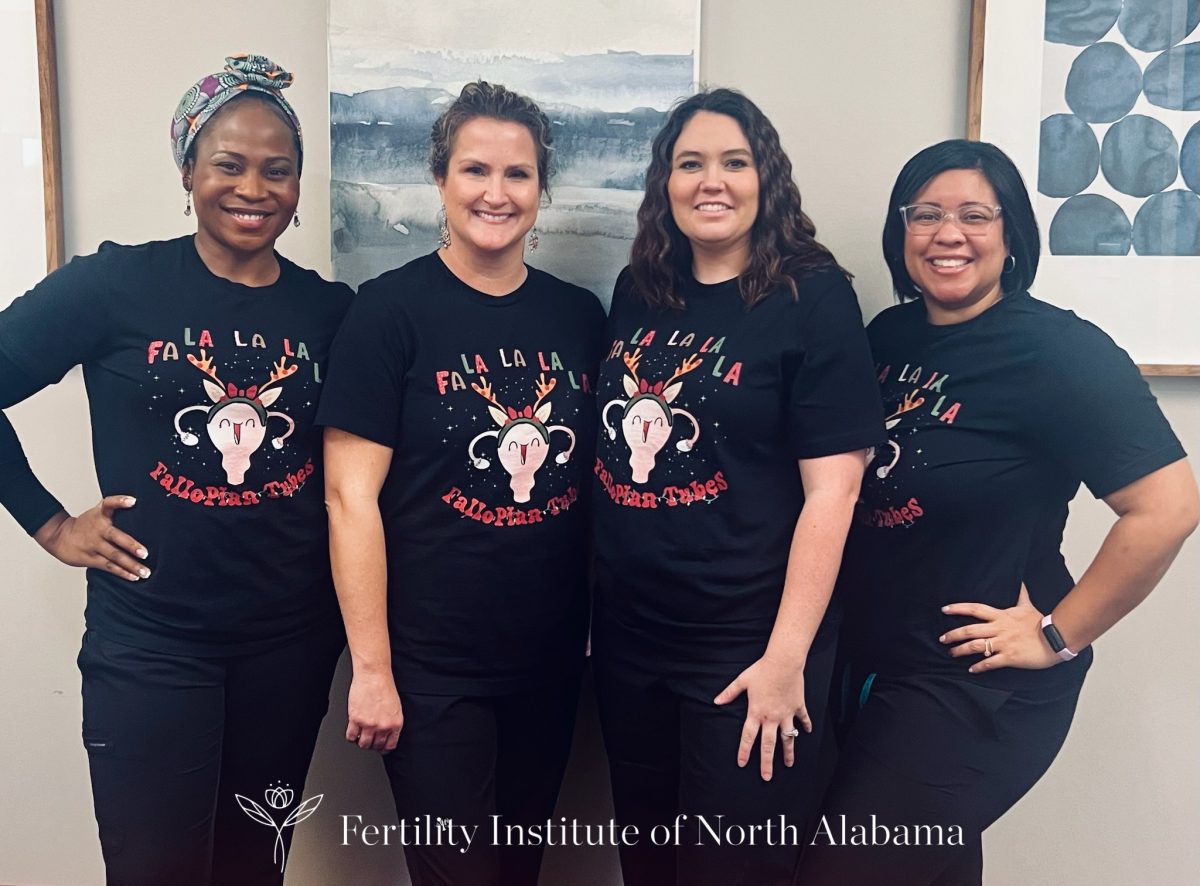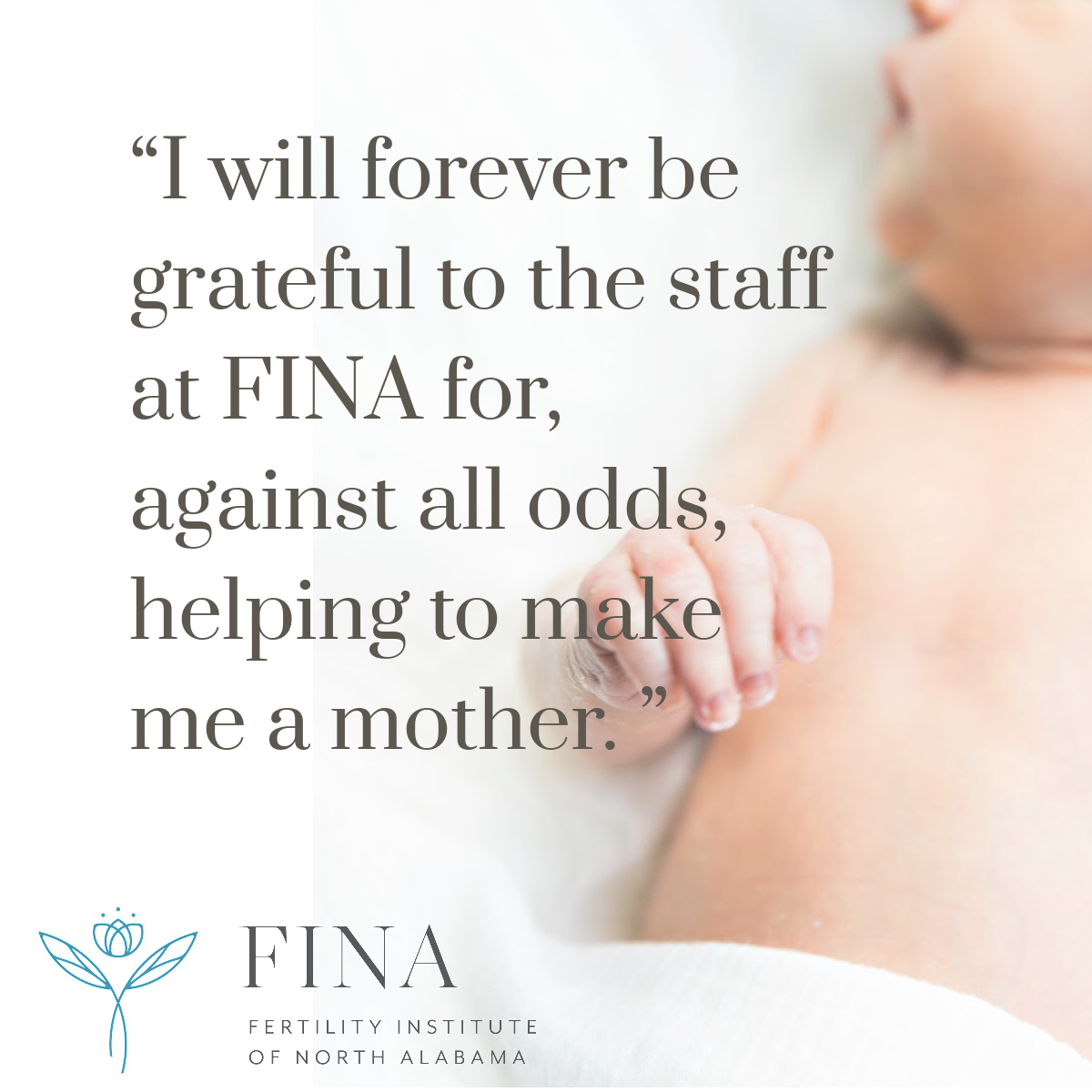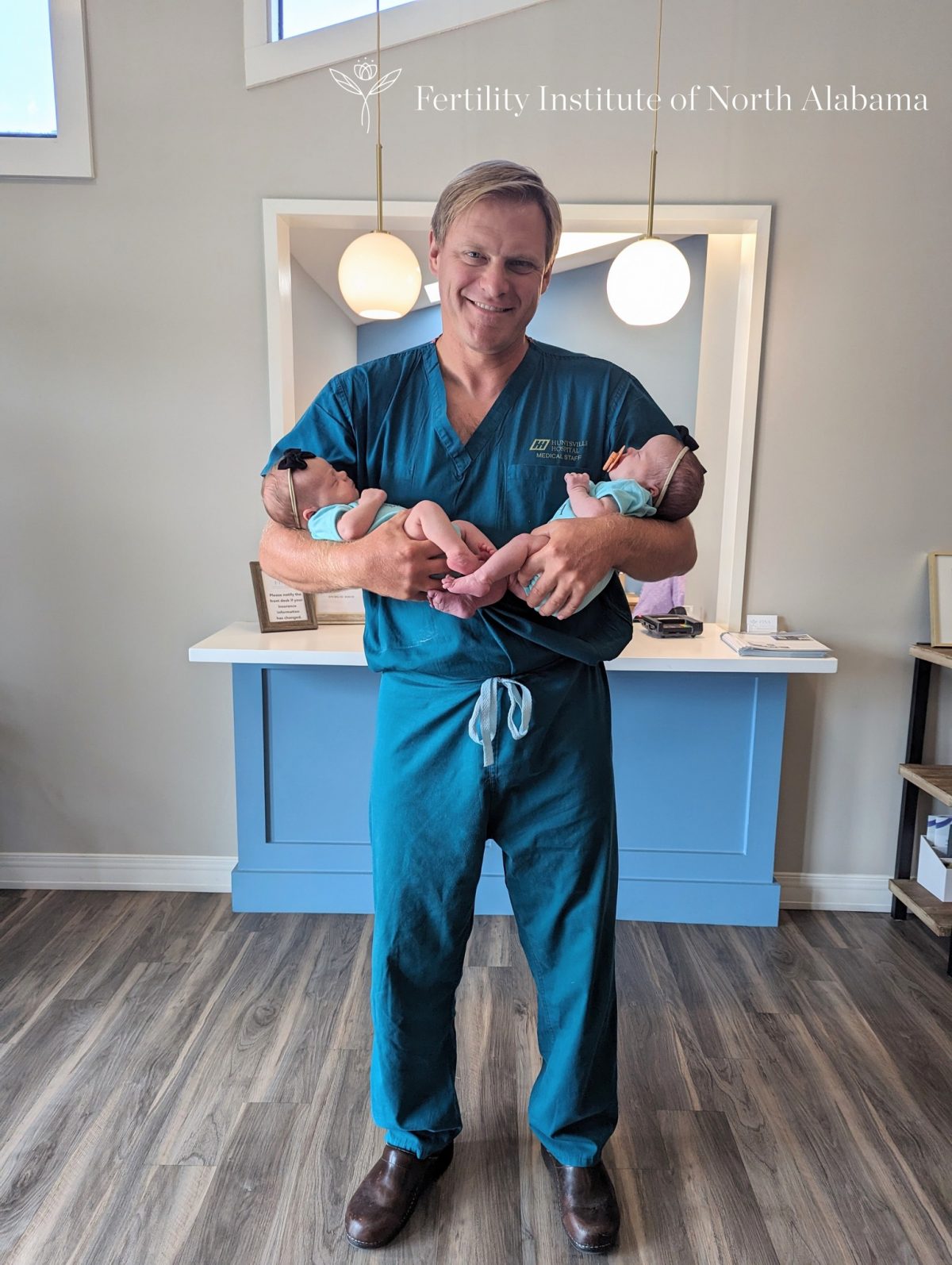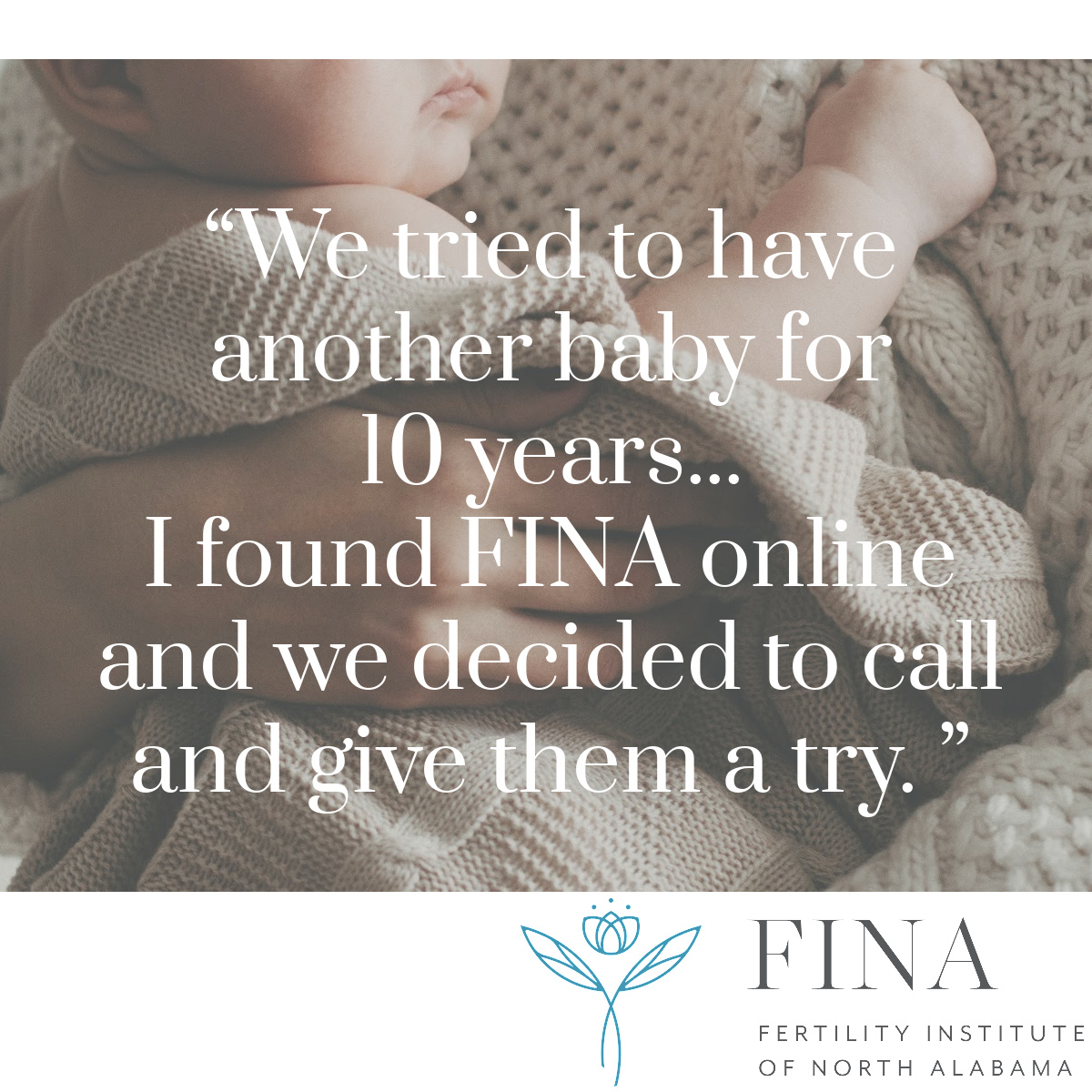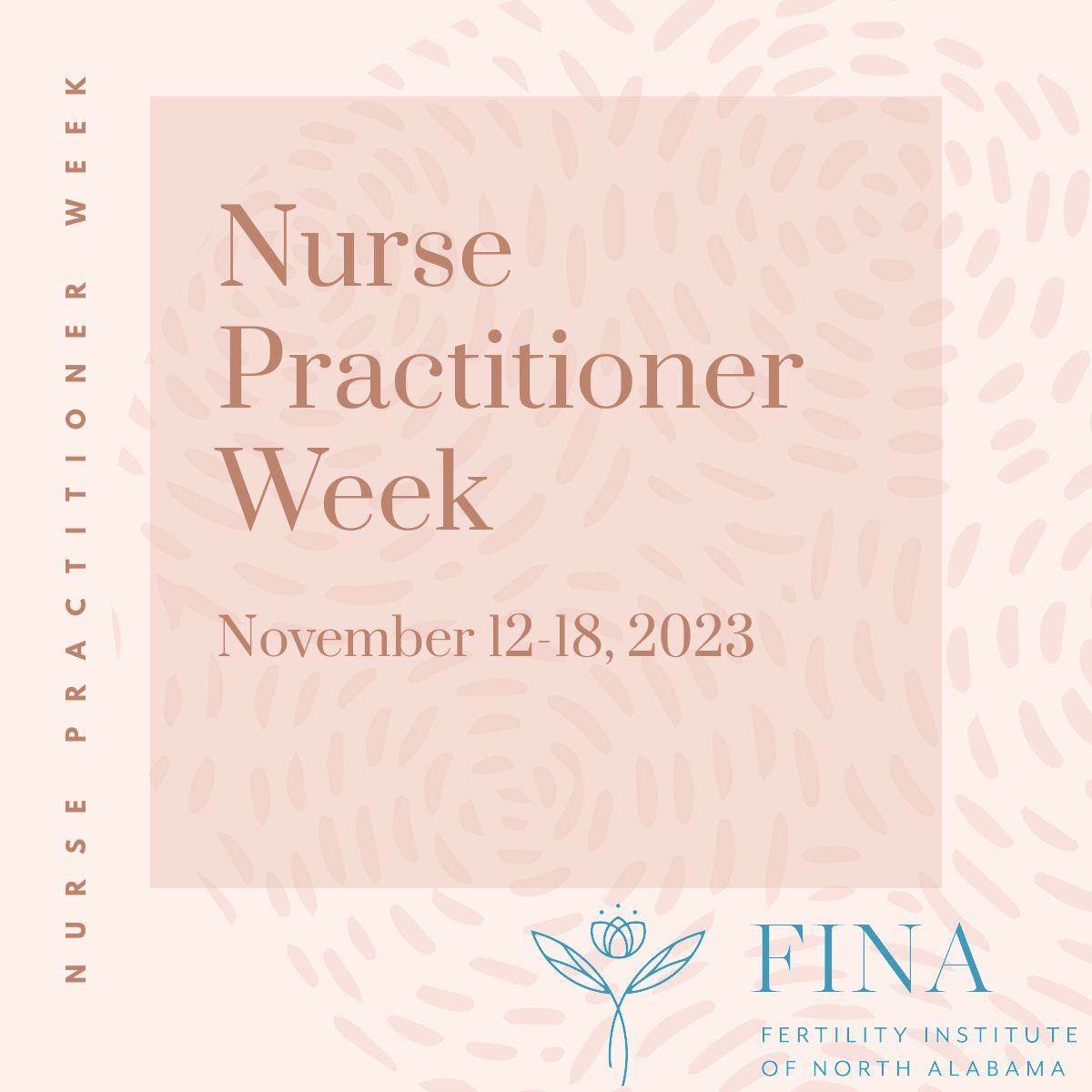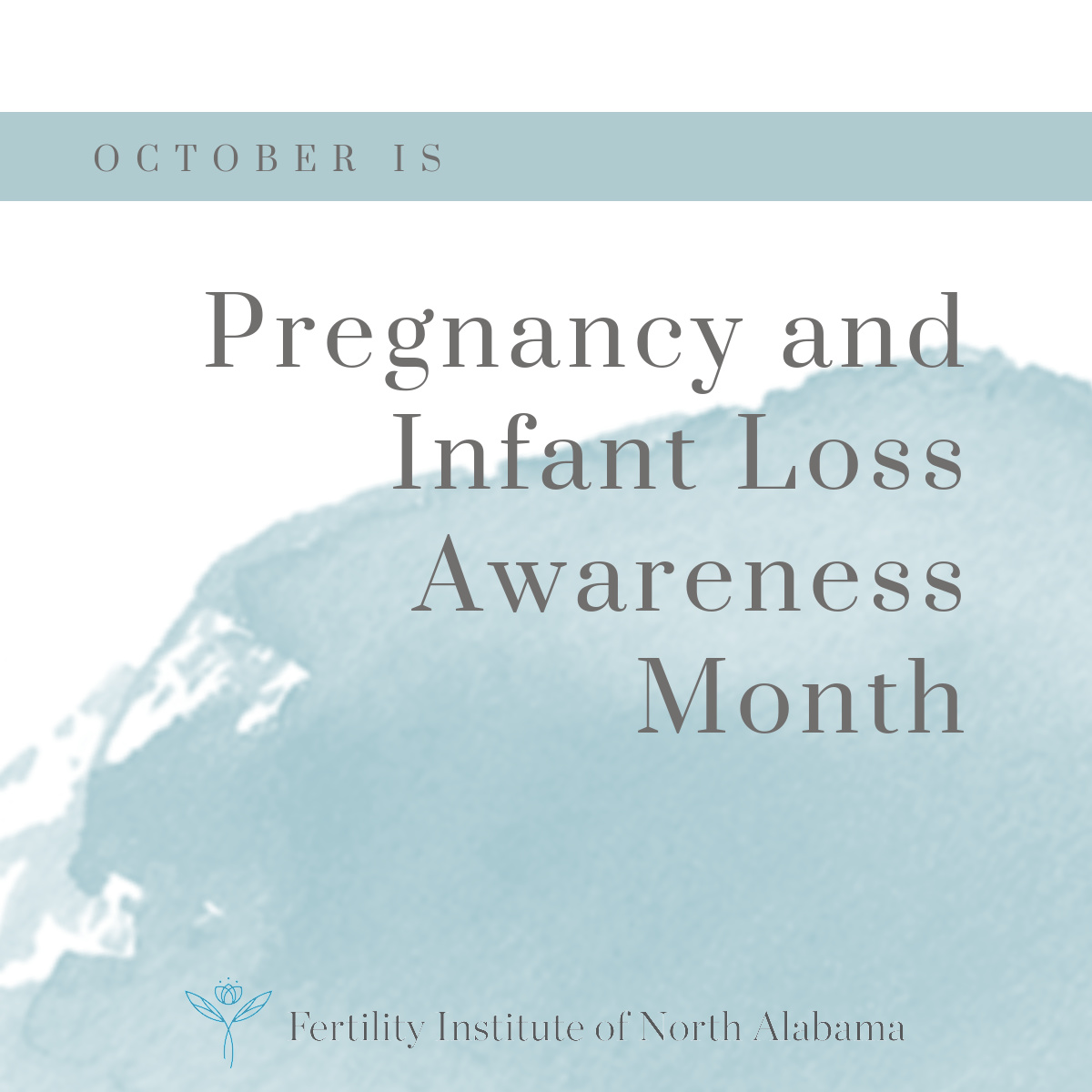“We came to FINA one year after trying to conceive with no luck. Dr. Davenport devised a plan for us and we started our journey. We had 3 failed IUIs and we moved on to IVF. Our first transfer ended up being a chemical pregnancy which was heartbreaking for us but we decided to immediately do another one.
The next transfer cycle we got pregnant with our beautiful baby girl who is 4 months old now. Dr. Davenport, Kendra, Abby, and Tarryn were so great during the whole process! Kendra also explained things so well and was so supportive.”
Thank you to this patient for sharing her story! We are so honored to have been part of this family’s journey.
